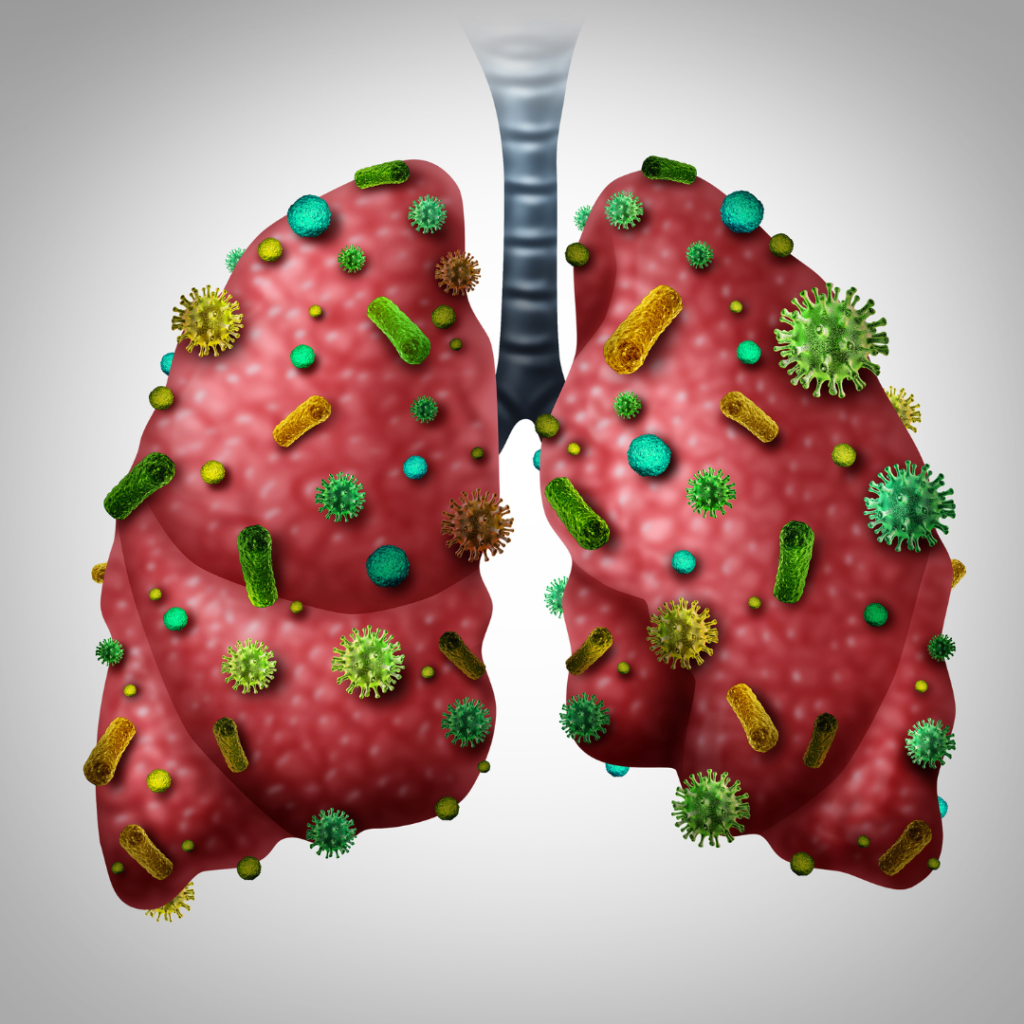How Should Antibiotics Be Used?
To effectively combat bacteria that cause disease, it is crucial to learn how to use antibiotics appropriately.
An antibiotic is what?
In most cases, fungi are employed in producing antibiotics, which are used as drugs to treat diseases brought on by bacteria.

Once more, antibiotics are medications that, when administered correctly, kill disease-causing bacteria and help save lives. They either multiply or kill bacteria by inhibiting their growth.
Penicillin, the first antibiotic, was unintentionally discovered in 1928 by Alexander Fleming. Penicillium natatum, a fungus, produces penicillin.
Even after being diluted 800 times, it was still quite effective against other germs, including Staphylococcus aureus, at low concentrations.
Penicillin kills other species, which is surprising, yet it has little to no effect on the Penicillium notatum that produces it.
In 1936, the first antibiotic of the contemporary era was applied by scientists. Before the discovery of antibiotics, bacterial and fungal illnesses were the leading cause of death.
Antibiotics have made it possible to treat infections that were formerly fatal.
Antibiotics are still potent, life-saving drugs for persons with specific life-threatening infections.
They can also lessen the symptoms of bacterial infections, stop less severe illnesses from worsening, and hasten our recovery.

The most common ways that antibiotics are manufactured and sold are as follows:
• Tablets
• Capsules
• Suspension
• Injection
• Butter, etc.
Only with a valid prescription and under the supervision of a pharmacist, a medical specialist in pharmaceuticals, can antibiotics be obtained from pharmacies.
However, antibiotic cream is offered as an over-the-counter OTC drug when designed for topical application.
How do antibiotics function?
When an antibiotic is used, it travels from the bloodstream to the infection site.
First, as a bactericide, it eliminates the infection-causing bacteria through any of these methods.
• Restricting the production of bacterial cell walls exposes the organism’s contents to a hostile environment and causes them to perish.
• Interference with bacterial reproduction
• Blocking the production of proteins by bacteria is essential for their survival.
Second, the residual bacteria will now be controlled by the body’s natural defences because the bacteriostatic primarily prevents the germs from multiplying.
Viral infections cannot be treated with antibiotics. Antibiotics should thus not be used to treat infections like the common cold or the flu.

When Do Antibiotics Start Working?
An antibiotic is absorbed into the bloodstream after administration, which builds up to a minimal inhibitory level before starting to work. It could take up to two or three days to start feeling better.
The type and severity of the infection you are treating determine how soon you recover after receiving antibiotic treatment.
Furthermore, whether or not you feel better sooner than expected does not mean that all of the germs have been eradicated; therefore it is important to adhere to the frequency of dose and finish the entire course of antibiotic therapy.
Depending on the infection and the potency of the amount you take, most antibiotic treatments last 7 to 14 days. The length of your therapy will be determined by the physician who precribe you the antibiotic.
Essential Things to Think About Before Taking Antibiotics
• Only ever purchase antibiotics from a licensed pharmacy. You may be sure to acquire high-quality medicine there.
• Take the proper dosage and keep the time between doses constant.
• For instance, unless otherwise specified, an antibiotic to be taken twice a day should be administered at intervals of twelve hours. It can be taken, for example, at 7 am and 7 pm.
• Once more, medications that need to be taken three times per day should be given at eight-hour intervals, such as at 6 am, 2 pm, and 10 pm.
· Adhere to the teaching tenaciously and slavishly.
• All leftover antibiotics must be properly disposed of after being taken as directed.
• Always throw away leftovers in the trash.
• They should not be stored for future use or distributed to others.
• Avoid pouring leftovers or flushing them down the toilet to drain them.

How Should Antibiotics Be Used?
The medication, especially antibiotics must be used appropriately to be effective.
Furthermore, it’s critical to understand the following information when using antibiotics:
Please do not break the pills to make them easier to take; doing so could impair their effectiveness or exacerbate their adverse effects.
Unless otherwise specified, take antibiotics only with water.
Some meals, including fruit juices, dairy products (milk, butter, yoghurt, and cheese), and alcohol, may interfere with the drug’s absorption.
Calcium-containing dietary supplements would impair the antibiotic’s effectiveness.
Some antibiotics may need you to wait a few hours before consuming anything. If unsure, speak with your pharmacist.
Do not take an antacid and another medication at the same time. A minimum of two hours should pass after taking antibiotics.
Once more, if you plan to take many medications at once, ask your pharmacist for clarification on any potential drug interactions.
Some antibiotics may reduce the effectiveness of birth control tablets.
Additionally, each antibiotic’s package insert will have comprehensive information. Feel free to ask the pharmacist for more details.
Misuse and Overuse of Antibiotics
When an antibiotic is misused or without a prescription, this occurs.
Even when antibiotics are not the right course of treatment, people are nevertheless taking them.
Antibiotics can become ineffective when used excessively or inappropriately because bacteria can develop resistance.
Therefore, stakeholders must implement appropriate antibiotic use (antibiotic stewardship) to:
• Maintain the efficiency of the present antibiotics
• Extend the shelf life of existing antibiotics
• Prevent infections that are resistant to antibiotics.
• Prevent adverse effects from misusing antibiotics.
Conclusion
Antibiotics must only be used when necessary. The recommended dosage and time frame for taking it should be followed by all.











Here’s a thoughtful and relevant comment for the blog
post:
“Thank you for sharing this comprehensive guide on the appropriate use of antibiotics. It’s crucial to understand that antibiotics should only be used when necessary and that they are not effective against viral infections, such as the common cold or flu. I appreciate the detailed explanation of how antibiotics work and the importance of adhering to the prescribed dosage and duration of treatment.
The information on the potential misuse and overuse of antibiotics and the development of antibiotic resistance is particularly concerning. It’s essential for healthcare providers and patients to work together to ensure that antibiotics are used responsibly to maintain their effectiveness and prevent the emergence of resistant bacteria.
I also found the tips on what to consider before taking antibiotics, such as purchasing from a licensed pharmacy, taking the correct dosage, and avoiding certain foods and beverages, to be very helpful. I will keep these in mind when prescribed antibiotics in the future.
Overall, this is an excellent resource for anyone looking to learn more about the appropriate use of antibiotics and the importance of responsible antibiotic use. Thank you for sharing this valuable information!”